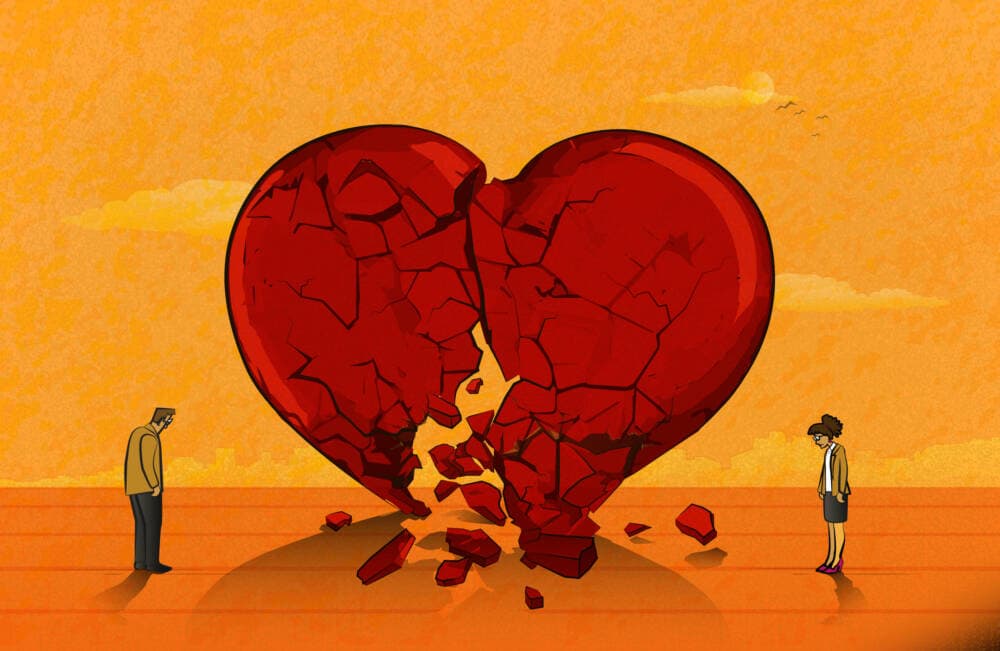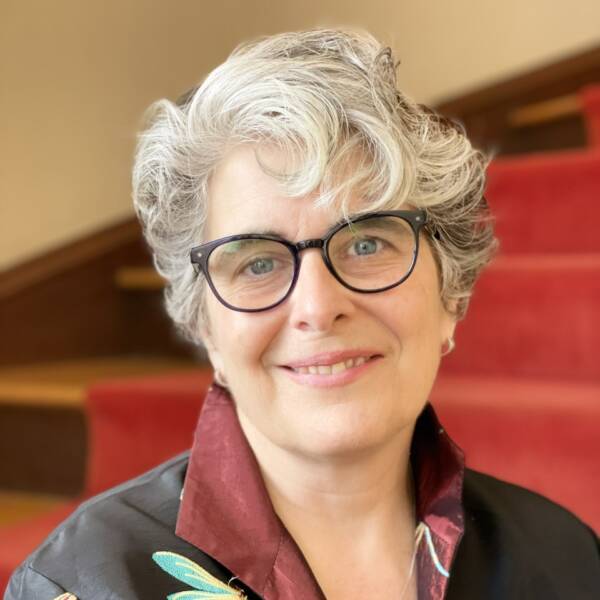Advertisement
Commentary
Why don’t we talk — really talk — about divorce?

Reese Witherspoon announced her divorce recently in an Instagram post with the following message: “We have enjoyed so many wonderful years together and are moving forward with deep love, kindness and mutual respect for everything we have created together.”
I had to read it twice. Was this a divorce announcement or a wedding invite? Because deep love, kindness and mutual respect aren’t the primary words I associate with divorce.
While I respect Reese Witherspoon’s attempt at privacy, I wondered what would happen if she had included the very real feelings of anguish and grief that accompany divorce — feelings that even the rich and famous can’t buy their way out of. Witherspoon and her husband are likely feeling the same heartache, stress and worry as the rest of us. Attorneys will tell you that divorce is primarily a financial transaction but anyone who has negotiated the choppy waters of divorce knows that letting go of money is often easier than letting go of the hope that the marriage will improve, the family can remain intact, the future is certain.
As a therapist who has worked with hundreds of women navigating divorce, I can tell you that they are contending with much more than “deep love, kindness and mutual respect.” The Holmes-Rahe Scale ranks the stress of divorce as second only to the death of a spouse, more stressful than jail time. Financial concerns are often paramount, especially for women. Women’s household income fell by 41% following a divorce or separation after age 50, according to a report from the U.S. Government Accountability Office.
The women who come to my practice are smart, competent and insightful, and in many cases, have tried for years to improve their marriages. They arrive in my office overwhelmed, sad and scared. They are worried about the impact of divorce on their kids. Although nearly 50% of marriages end in divorce, there continues to be stigma associated with this painful life transition and these women often describe feeling isolated and ashamed. I hear over and over, “How is it possible that so many people are divorced and I don’t know any of them?” Well-meaning friends and family who are not divorced often can’t grasp the weight of uncertainty that coincides with dismantling a family. No one brings a lasagna or sends flowers when a marriage dies.
What if celebrities (and the rest of us) started talking about the real-life feelings that accompany a difficult marriage and the painful decision to divorce? What if celebrity Instagram posts read something more like, “We have a history of hurts that we can’t let go of. Neither of us feels seen or valued and we can’t escape our cycle of shame and blame. We have reached the point where we can barely stand to be in the same room. Therefore, with great sorrow, we have decided to part ways.” What if we all started talking in a real way about how it feels to leave an unhealthy partnership?
No one brings a lasagna or sends flowers when a marriage dies.
Many years ago, after recovering from my own divorce, I started running divorce support groups in my practice to provide a space for women to talk about the challenges and difficult feelings that accompany divorce. These women describe a sense of relief when they recognize that the group is a place where they can be honest about the rollercoaster of feelings — not only the anger, sadness and fear in the beginning, but also the relief, freedom and empowerment that follow.
Although 70% of divorces in the U.S. are initiated by women, the women in my groups often describe the ways their spouses abandoned the spoken and unspoken rules of marriage and left them with no other choice. We talk about the difference between who ended the marriage and who left the marriage as a way to process feelings of lingering guilt.
The good news is that statistics tell us Witherspoon will likely fare well. In a study conducted by Avvo, 73% of divorced women reported having no regret over the end of their marriage. Women are especially adept at using their social connections and creative problem-solving skills and often fare better after their divorces than they did in their marriages. In my practice, I see that the women who join a support group feel less isolated, less ashamed and more empowered over time. Having a place to talk honestly without fear of judgment is the first step on a path toward healing. Once they have an opportunity to talk about the heartbreak of divorce, they can move on to grow, heal and transform their lives. Some even get to a place of kindness and respect for their ex-spouses.
I wish Reese Witherspoon the best in navigating her divorce. I hope she does find love, kindness and respect for her soon-to-be ex-husband. But in the meantime, if she wants to talk about the feelings of grief and anguish that accompany divorce, I’ll save a spot for her in one of my support groups.
